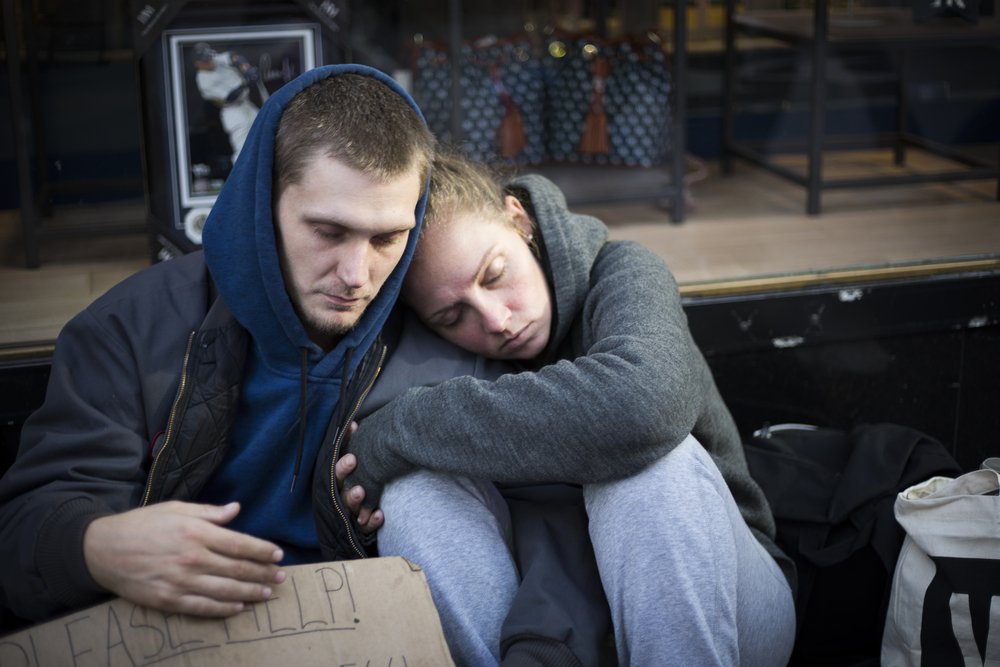
Homeless women entering potentially dangerous relationships in attempt to stay safe on the streets
Many homeless women across the UK are in dangerous and abusive relationships in an attempt to protect themselves from the wider risks of living on the street.
New research by Brighton Women’s Centre and Homeless Link, funded by Commonweal Housing, investigated the nature of rough sleeping relationships, how women are treated within the couple and how they are treated by homeless services when they present as rough sleeping.
Findings from interviews with homeless women about their experiences of living on the streets, showed that their vulnerability often leads them to enter into a relationship with a man for protection. In many cases, these relationships in themselves are abusive and dangerous for the women involved.
The research follows a report from homelessness charity St Mungo’s, which indicated that the scale of female homelessness in the UK is likely to be much greater than traditional street counts suggest. This is due to the more hidden nature of women’s homelessness with women swapping sex for a bed and staying away from busy areas to avoid being attacked or abused.
Lisa Dando, Director of Brighton Women’s Centre, said: “We wanted to conduct this research as we became aware, through our service for women who are homeless and insecurely housed, that an increasing number of women who were sleeping rough had entered into relationships to try and stay safe whilst living on the streets.
“It is a really complex issue and of course there are some instances where a relationship can be completely healthy and supportive and provide comfort for people at a really difficult point in their lives. However, the research highlighted a large proportion of women in these relationships are being put at risk.”
The research identified that most services for homeless adults without children are for single homeless people.
Single homeless services do not recognise the status of couples often seeing couples as too high risk to work with and so make the decision not to support couples and deny them shelter together, placing already vulnerable women at even greater risk.
The report recommends that to provide adequate support for both individuals in the couple, services should adopt a ‘Couples First’ approach which begins with unconditional acceptance of the relationship and any request to be supported (and where requested housed) together. By doing so, homelessness services can begin to better understand the couple’s dynamic to support an ongoing relationship or a decision to separate.
Ashley Horsey, Chief Executive of Commonweal Housing said: “As a charity, we are interested in finding housing solutions to social injustice and the fact that homeless women face a further wave of stigma, trauma and difficulty accessing services if they do form a relationship with a man, often for their own protection initially, and then want to stay as a couple, is an overlooked injustice.
“Whilst it appears as if a dedicated housing solution for rough sleeping couples is perhaps not the answer, it is clear that existing homelessness services need to be better equipped and supported to deal with rough sleeping couples.”
One of the main recommendations from the report is the development of a tool-kit to advise homelessness services on how to work with rough sleeping couples.”
You can read the full report here.
